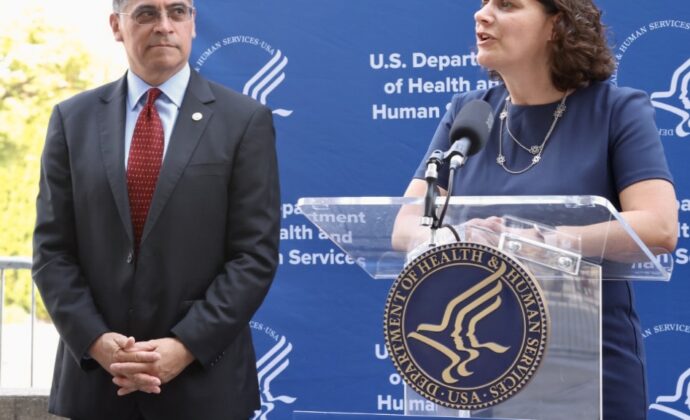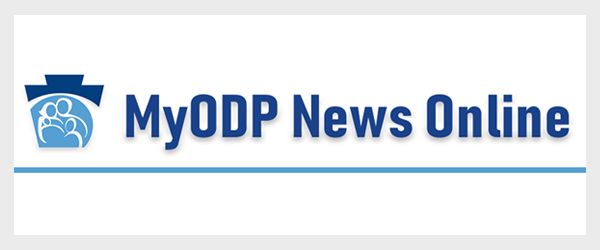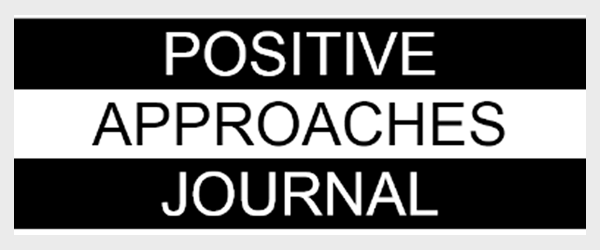
US Department of Health and Human Services Proposes Strengthened Protections Against Discrimination Based on Disability
Earlier today, the US Department of Health and Human Services (HHS) Secretary Xavier Bacerra announced at a press conference that the HHS Office for Civil Rights (OCR) has proposed updated regulations to Section 504 of the Rehabilitation Act of 1973, which prohibits disability discrimination by recipients of federal funding.
The proposed update to the HHS Section 504 regulations clarifies obligations in several crucial areas that are not explicitly addressed in the current rule, and improves consistency with legislative developments since the current regulations were issued. OCR has put together a detailed factsheet, and OCR and ACL will jointly host a webinar for stakeholders on the proposed rule on September 11 at 1:00 PM ET (register here).
Several highlights of the new areas in the proposed rule include:
- Discrimination in medical treatment: Ensures that medical treatment decisions are not based on biases or stereotypes about people with disabilities, judgments that an individual will be a burden on others, or beliefs that the life of an individual with a disability has less value than the life of a person without a disability. These include, for example, decisions about life-sustaining treatment, organ transplantation, rationing care in emergencies, and other vital medical decisions.
- Accessibility of medical equipment: Adopts the U.S. Access Board’s accessibility standards for medical equipment to address barriers like exam tables that are inaccessible because they are not height-adjustable, weight scales that cannot accommodate people who use wheelchairs, and mammogram machines that require an individual to stand to use them. The rule would require most doctor’s offices to have an accessible exam table and weight-scale within two years.
- Web, mobile app, and kiosk accessibility: Adopts the Web Content Accessibility Guidelines (WCAG) 2.1, Level AA accessibility standards for websites and mobile applications. It also requires self-service kiosks to be accessible. These provisions are particularly important given the increased use of websites, apps, telehealth, video platforms, and self-service kiosks to access health care.
- Child welfare programs and activities: Clarifies requirements in HHS-funded child welfare programs and activities to help eliminate discriminatory barriers faced by children, parents, caregivers, foster parents, and prospective parents with disabilities, such using the presence of a disability or an individual’s IQ score alone as a reason for removal of a child, prohibiting disabled parents from serving as foster parents, or failing to place disabled children who need services in the most integrated settings appropriate to their needs.
- Community integration: Clarifies obligations to provide services in the most integrated setting appropriate to a person’s needs, consistent with the Supreme Court’s decision in Olmstead v. L.C. This provision has been central to vindicating the right to community living.
- Value assessment methods: To establish whether a particular intervention, such as a medicine or treatment, will be provided and under what circumstances, health care organizations often use a variety of methods to evaluate whether the benefits of the intervention outweigh the costs. These “value assessment methods” are an increasingly significant tool for cost containment and quality improvement efforts, but they may discriminate against people with disabilities when they place a lower value on extending the life of a person with disability. The proposed rule prohibits the discriminatory use of such methods to deny or limit access to aids, benefits, or services.


